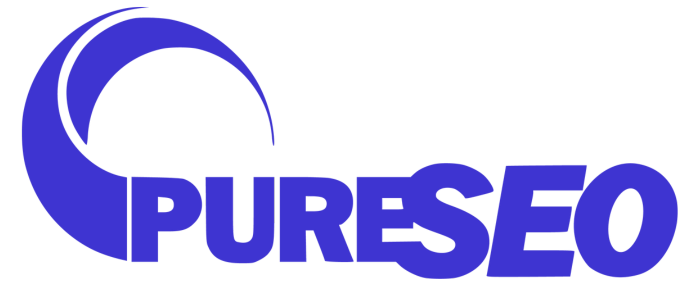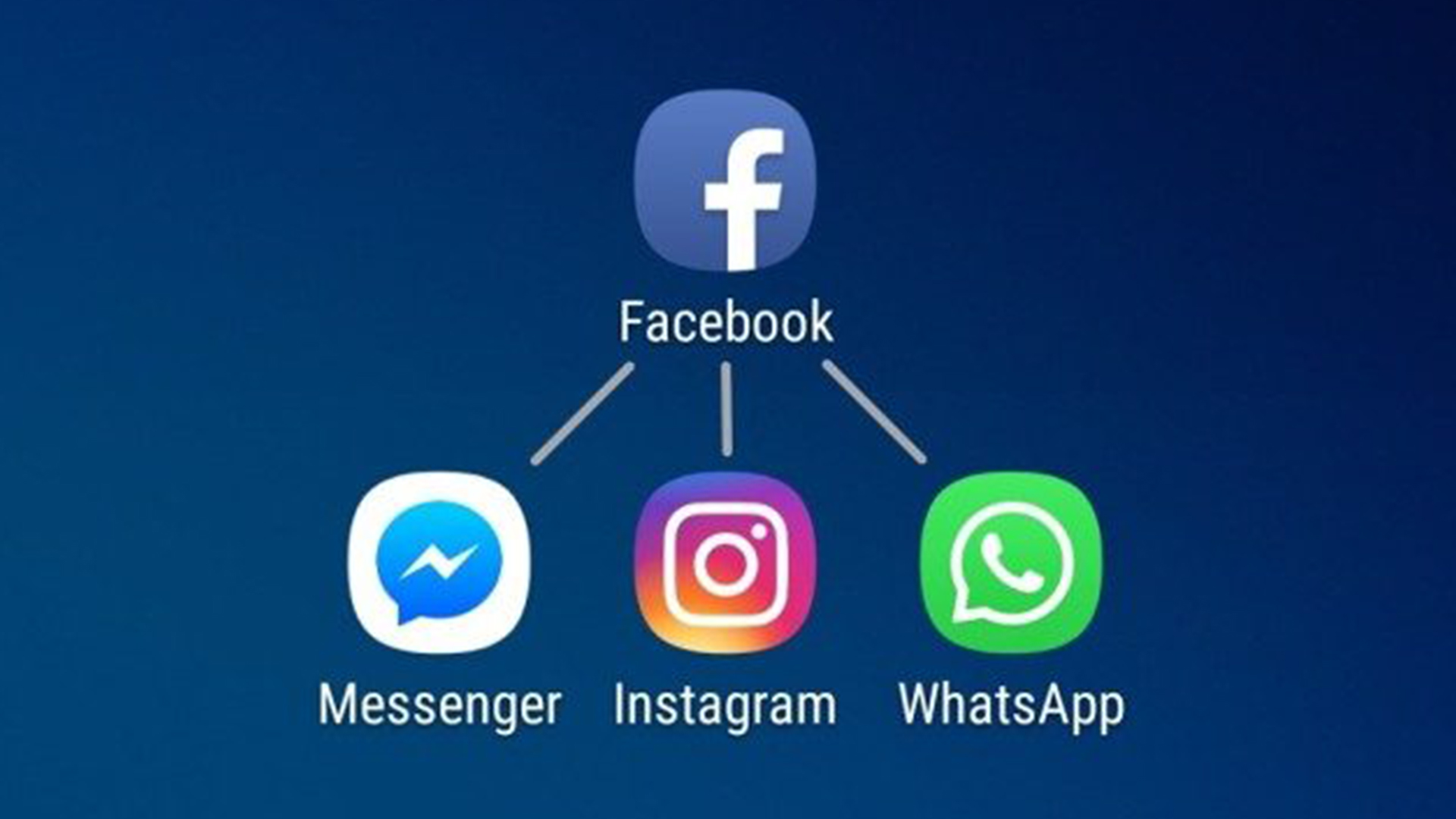
Lauded SEO toolset developer Moz has released their 2018 Local Search Ranking Factors Survey, and have illuminated where recent growth has been most distinct. Local search as a whole continues to be a hotbed for progress, but the Moz survey highlights some key movements – Google My Business is changing, reviews are becoming more important, and the ongoing decline of citations continues.
Google My Business Takes Several Leaps Forward
Google appears to see a lot of probable gain in local, and so have continually increased the time and effort they are putting into GMB. With the fall of Google+, GMB is now standalone, and Google apparently intends to continue to improve local search with the platform, in a bid to develop and monetise it. Some key features added to GMB over the past 12 months include Video, Messaging, and Q & A. This is barely scratching the surface of the work that has been done on the service throughout the last year.
Moz reports that these newly incorporated features are propelling the growth of GMB toward an exponential rate – GMB-exclusive features are noted in the full survey as driving factors behind its acceleration. As these developments are still relatively new to mainstream business, they are currently highly effective assets to small businesses in competition – they will eventually be less advantageous once everyone is using them, but as it stands, few small businesses are using GMB to its continually expanding potential.
Rise of the Review
The next point in Moz’s overview of the survey covers the growth of review signals – they’ve jumped up 43% in the last three years. The survey has turned up testimonials on their advantages; Moz featured David Mihm’s response to being asked about which strategies were working well from his perspective. His answer reported that reviews appear to be playing the role citations did previously:
In mid-to-large metro areas, even industries where ranking in the 3-pack used to be possible with a handful of reviews or no reviews, now feature businesses with dozens of reviews at a minimum — and many within the last few months, which speaks to the importance of a steady stream of feedback.
He went on to clarify that it’s unlikely we’ll know the exact nuts and bolts of the system; the benefit to ranking could be derived from review content keywords, click-through rate increases due to the gold stars, or just sheer review volume. Despite this, the survey does report that review keywords have made the leap from #26 to #14 on the list of most important local pack/finder factors since last year.
Moz also pointed out that even though the survey is specifically tuned for Local Search Ranking Factors, reviews are also projected to stay a leading factor in the realm of conversions.
The Future of Citations
Right up-front, the Moz overview of their survey elucidates that citations are still important, and it would be a mistake to consider them completely passe at this point in time.
That said, the thematic signals associated with citations have dropped 36.87% since 2015. Moz posits that the reason for this could be twofold: first, local search continues to get more complicated. As more signals are being included in the stats, the value citations had is watered down. Second, as local search itself grows, citations are a starting point for many businesses; the more businesses that have high value citations, the less of an edge they give to businesses.
These theories imply that citations are still important, they only appear to be less valuable due to the optics of the statistics as the field shifts. Undervaluing them could be a mistake – if they are transitioning from being a competitive advantage to being a standard benchmark, failing to meet that standard benchmark could be worse for your business than failing to capitalise on a competitive advantage.
What’s Next in Local Search?
The commentary section of the Moz survey asked those who filled it in to shed some light on the direction local search is going in, and the Moz overview extracted three main points, which bear repeating here!
First, Google’s strategy surrounding local search is to funnel users directly to answers within the SERP, sending less traffic to business’ websites. This might sound less than ideal, but ultimately it’s conversions that are more important to businesses – website traffic is just a way of obtaining these – and optimising for local search will put your contact and location details in front of users faster and more efficiently.
Second, Google plans to broaden their horizons on signals, eventually formulating rankings around real-world behaviour. This might include everything from card transactions, click-to-call businesses, brand name searches, and foot-traffic in brick-and-mortar stores.
Finally, Google is going to continue to develop Local in order to monetise it – the amount of resources they’re pouring into the platform is evidence enough that they believe they can make the cost back and then some. Building the fastest resource for on-demand information means they’ll be in a commanding position to take a percentage.
Find Out More!
For more details, the Moz overview of the survey includes pointers and tips for dealing with the three main factors covered above. The survey itself is also available to peruse, and can be found on their website. If you’re interested in optimising your Google My Business listing, get in touch with us today.

















